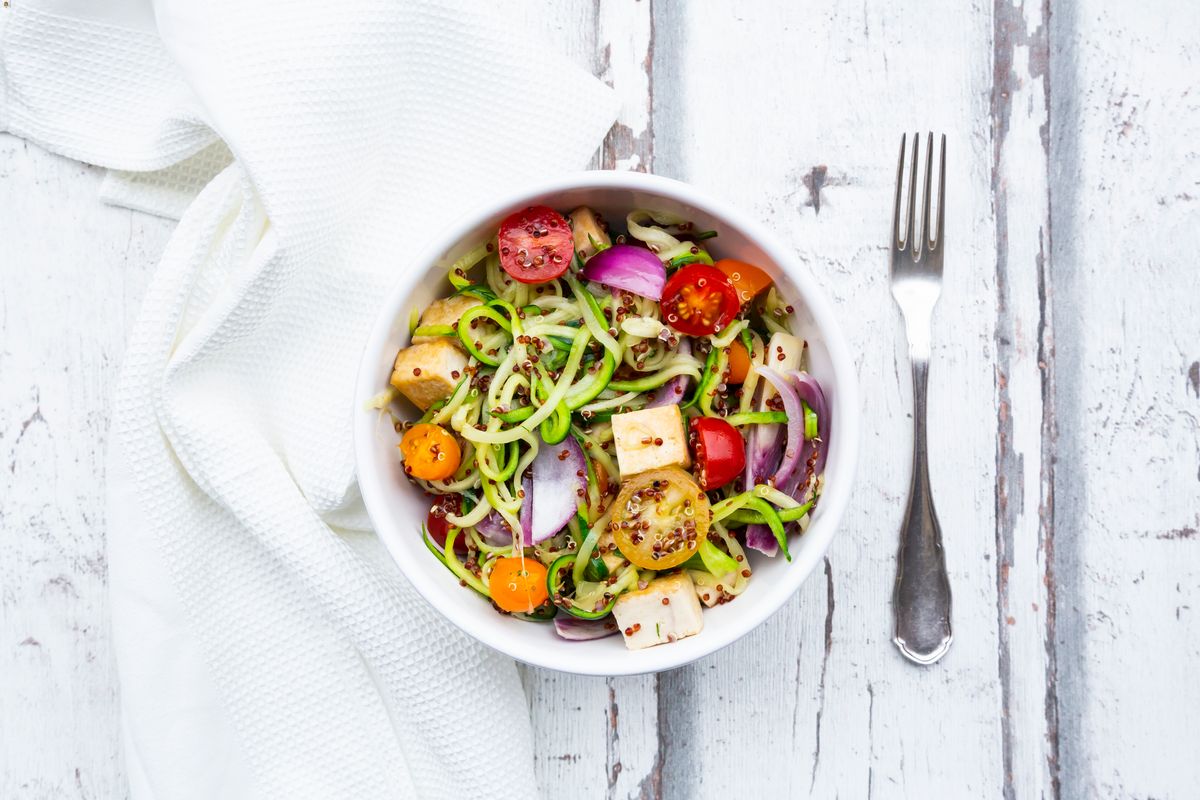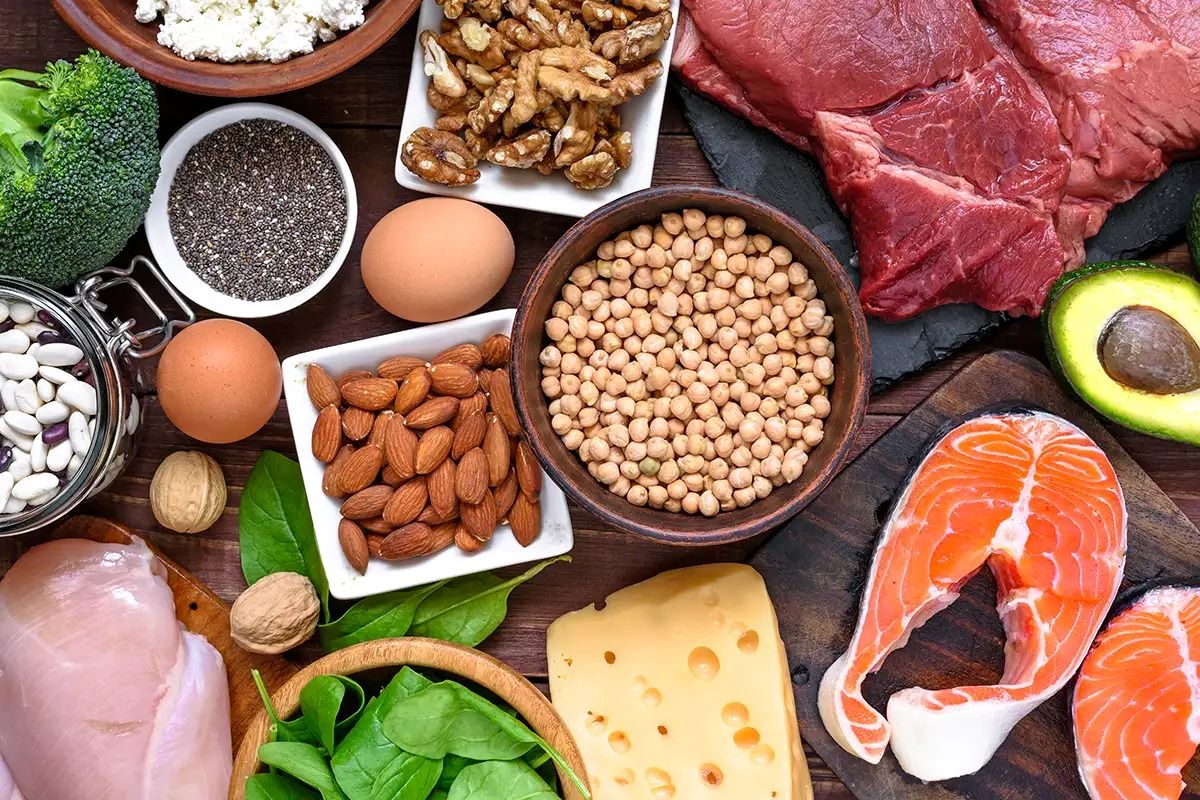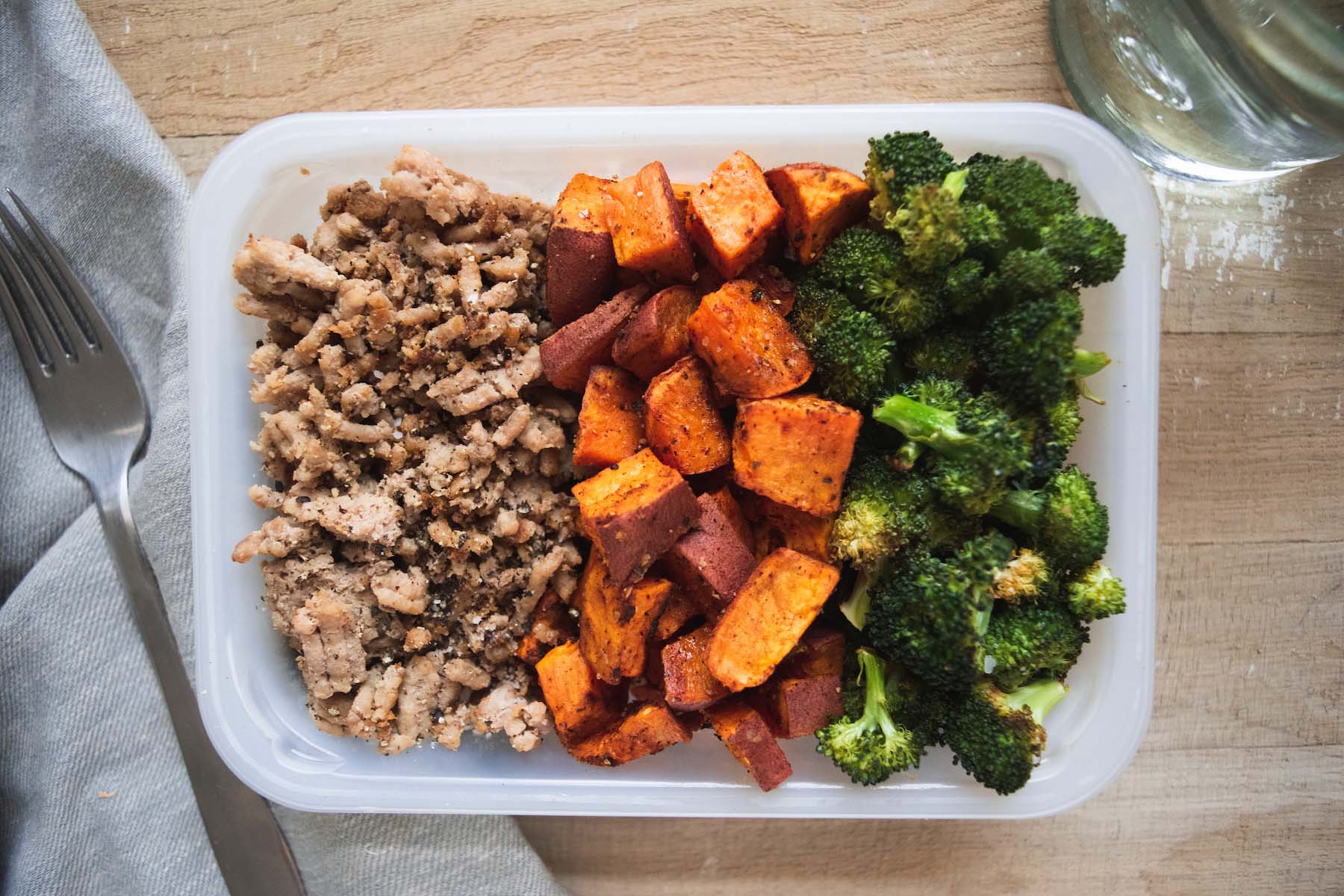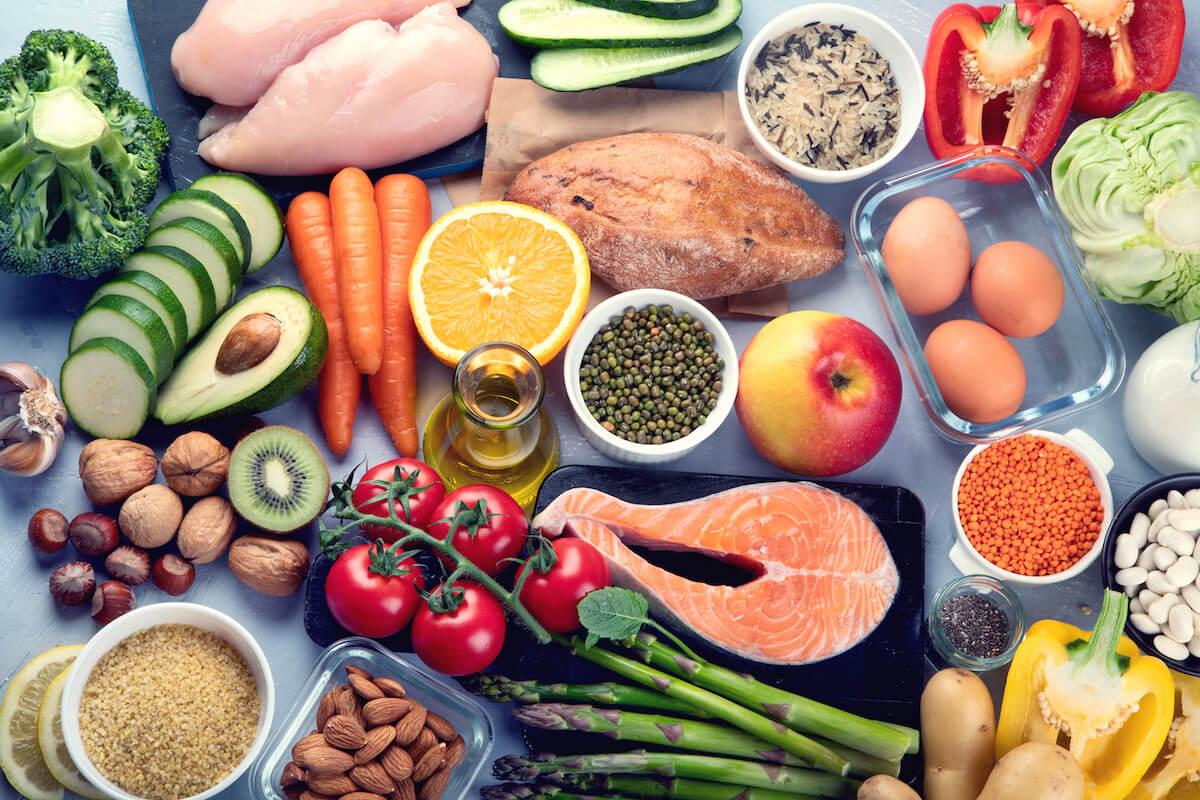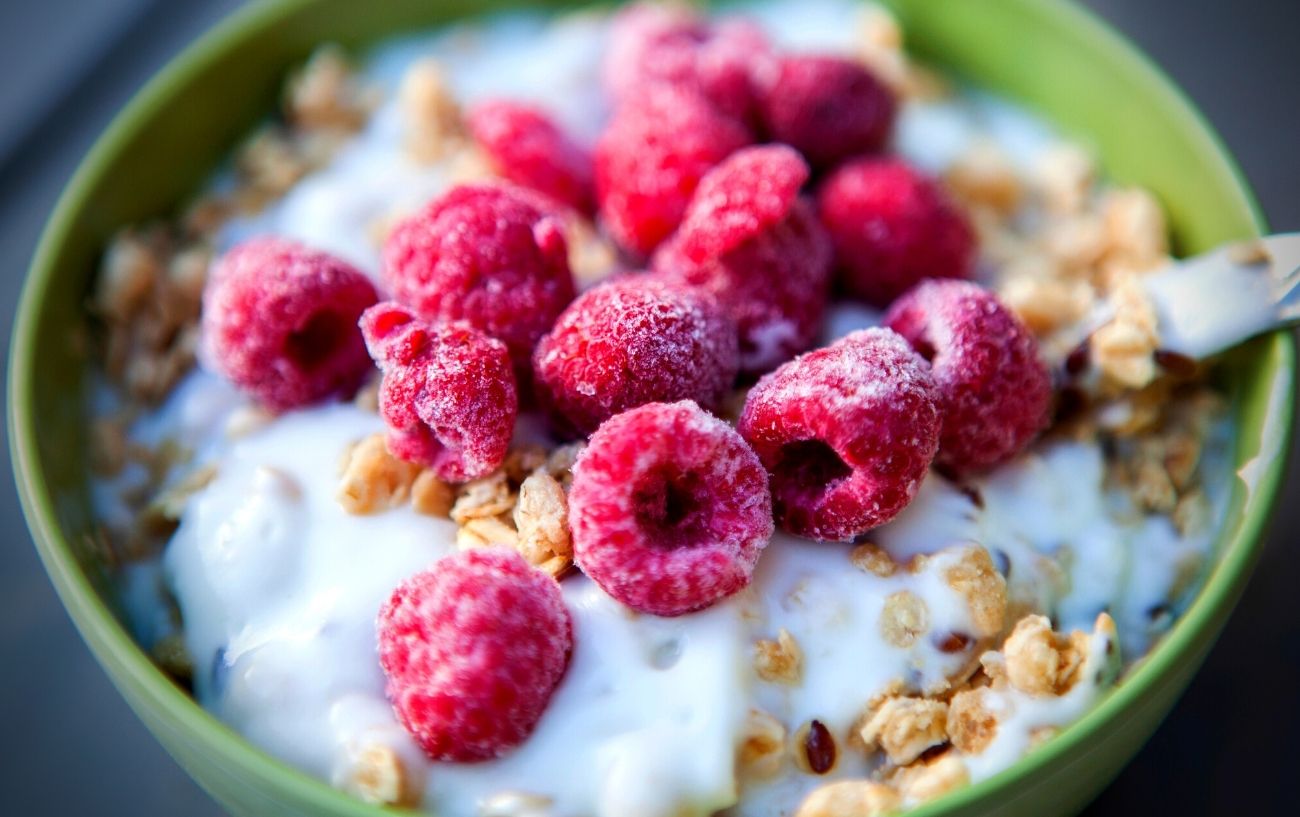Why Eating Enough Vegetables Per Day Is Important
Eating enough vegetables per day is crucial for maintaining a healthy and balanced diet. Vegetables are packed with essential vitamins, minerals, and fiber that are vital for our overall health. They can help reduce the risk of chronic diseases, aid in weight management, and contribute to better digestion. Despite these benefits, many people struggle to incorporate an adequate amount of vegetables into their daily meals.
Simple Tips for Increasing Your Vegetable Intake
If you find it challenging to eat enough vegetables each day, here are some simple tips to help you incorporate more of these nutritious foods into your diet:
- Include Vegetables in Every Meal: Aim to include vegetables in every meal, whether it’s adding spinach to your morning omelet, packing a salad for lunch, or roasting a variety of vegetables for dinner.
- Snack on Veggies: Keep cut-up vegetables like carrots, cucumbers, and bell peppers on hand for a quick and healthy snack. Pair them with hummus or a light dip for added flavor.
- Try New Recipes: Experiment with new vegetable-based recipes to keep your meals exciting. Whether it’s a colorful stir-fry, a hearty vegetable soup, or a flavorful veggie curry, there are countless ways to enjoy vegetables.
- Blend Them Into Smoothies: Sneak leafy greens like spinach or kale into your morning smoothie for an extra boost of nutrients. You won’t even taste the vegetables, but your body will thank you for the added vitamins and minerals.
- Make Veggie-Based Dips and Spreads: Create delicious dips and spreads using vegetables like avocados, roasted red peppers, or eggplants. These can be used as toppings for sandwiches, wraps, or as a dip for raw veggies.
Setting Realistic Goals for Vegetable Consumption
It’s important to set realistic goals for yourself when it comes to increasing your vegetable intake. Start by gradually adding more vegetables to your meals and snacks, and be open to trying new varieties. Remember that every small step you take towards consuming more vegetables can have a positive impact on your overall health.
Benefits of Eating a Variety of Vegetables
Consuming a diverse range of vegetables is key to reaping the full benefits of their nutrients. Each vegetable offers a unique set of vitamins, minerals, and antioxidants, so it’s important to incorporate a variety of colors and types into your diet. For example:
- Leafy Greens: Spinach, kale, and Swiss chard are rich in iron, calcium, and vitamin K.
- Cruciferous Vegetables: Broccoli, cauliflower, and Brussels sprouts are packed with fiber, vitamin C, and cancer-fighting compounds.
- Root Vegetables: Carrots, sweet potatoes, and beets are high in beta-carotene, potassium, and fiber.
- Colorful Peppers: Bell peppers are a great source of vitamin C, vitamin A, and antioxidants.
Final Thoughts
Ensuring that you eat enough vegetables per day is an important aspect of maintaining a healthy lifestyle. By following these simple tips and being mindful of your vegetable intake, you can enjoy the numerous health benefits that come with a diet rich in colorful, nutrient-packed vegetables.




